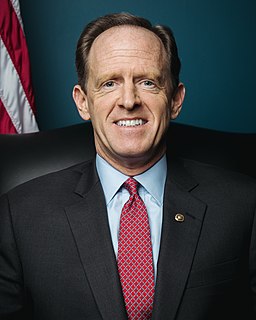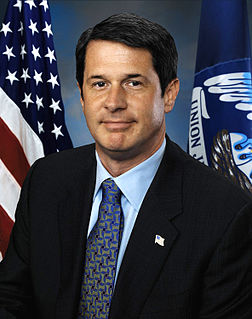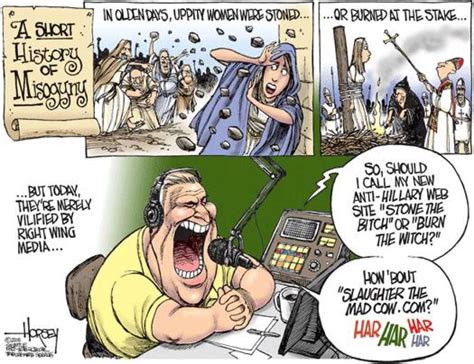A Quote by Heather Cox Richardson
Since 1981, when President Ronald Reagan took office promising to scale back the federal government, Republican leaders have promised to cut regulation and taxes, and to return power to individuals to arrange their lives as they see fit. But they have never entirely managed to eradicate the New Deal government.
Related Quotes
Coolidge cut the budget, and even better, cut it during peace and prosperity. He left a federal budget lower than the one that greeted him when he arrived in office. He managed to freeze or cut the budget over more than five years in office. If you look at charts of presidents - Nixon, Ike, and Reagan - you see them failing on this score.
Ronald Reagan cut taxes to raise the deficit to stop liberals in future years from increasing spending. Obama will raise spending to raise the deficit to stop conservatives in future years from cutting taxes. As he funds every liberal dream - from alternative energy production to infrastructure renovation to more federal revenue sharing - he will force a massive expansion in the size of government for a decade to come.
People in my hometown voted for President Reagan - for many, like my grandpa, he was their first Republican - because he promised that tax cuts would bring higher wages and new jobs. It seemed he was right, so we voted for the next Republican promising tax cuts and job creation, George W. Bush. He wasn't right.
The government is always looking for something that appears more dangerous than itself, and these criminals seem to fit the bill. Never mind that it was the government that promised but failed to protect us. It was the government that prevented the airlines from protecting themselves. It was the government that so badly botched the rescue operations. It was the government that had stirred up the hate that led to the terrorism.
It is federal, because it is the government of States united in a political union, in contradistinction to a government of individuals, that is, by what is usually called, a social compact. To express it more concisely, it is federal and not national because it is the government of a community of States, and not the government of a single State or Nation.








































